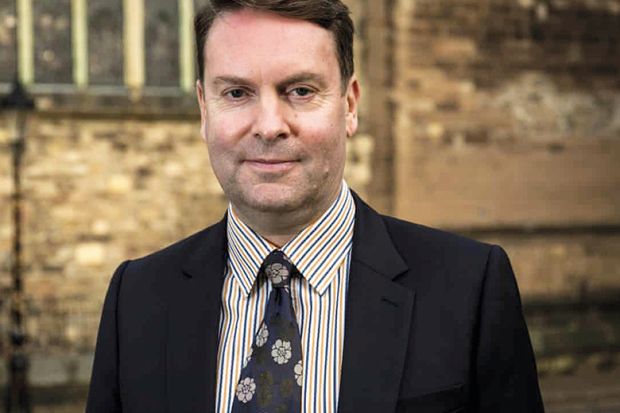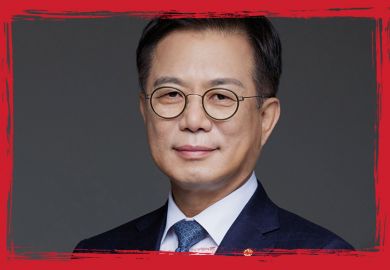An investigation by the English sector regulator into De Montfort University following the exit of its former vice-chancellor, Dominic Shellard, and whistleblower allegations has found “significant and systemic” failings in the institution’s governance.
De Montfort said in a statement that it acknowledged that governance “was inadequate and that the governing body did not provide sufficient and robust oversight of the university’s leadership, in particular the vice-chancellor”.
The university’s statement said that it and the Office for Students had agreed that a number of areas require “improvements”, including:
- “oversight of the international travel of some members of the governing body (and on occasions their partners), including breaches of the university’s financial regulations and ensuring travel represented value for money”
- “the independence and rigour of some remuneration decisions”
- “scrutiny for the awarding of consultancy agreements to some members of the governing body”
- “the rigour and independence with which independent members of the governing body were appointed”.
An action plan published by De Montfort refers to OfS “concerns that the university did not supply fully the information required by the OfS in its…notice it issued to the university as part of its regulatory investigation into the university”.
Professor Shellard’s departure, in February, swiftly followed emergence of the news that the chair of De Montfort’s board of governors, Sir Ian Blatchford, had resigned. Anthony Stockdale, chair of the remuneration committee, also resigned from the board after Professor Shellard’s exit.
At the time of Professor Shellard’s exit, The Times reported that he had “held shares in a holding company run by [Mr] Stockdale”, adding that “Mr Stockdale approved the 22.4 per cent rise for Professor Shellard, from £286,000 to £350,000” in 2017-18.
In the action plan, the university also “acknowledges that the whistleblowing allegations relating to former governors were not managed appropriately”.
De Montfort said it had taken “urgent steps” to reform governance and has “commenced a comprehensive review of all relevant policies and regulations”. The OfS will monitor the university’s progress.
The OfS said in its statement that the investigation “involved the use of our statutory powers to require information from the university to facilitate a detailed and thorough investigation”.
The regulator also said: “Our investigation identified a number of issues which caused concern. We found weaknesses and failings in the university’s management and governance arrangements which were significant and systemic.”
But it added that “given the university’s cooperation with the investigation, the action it has already taken to address our concerns, and its clear plan for future actions, we have not made any formal findings on this occasion. We have now closed our investigation.”
Susan Lapworth, director of competition and registration at the OfS, said: “Ensuring that there are effective management and governance arrangements in all higher education providers is an essential component of the OfS’ regulatory approach.
“It is in the interests of students and taxpayers that universities and colleges are well run, and the OfS will use the full range of our enforcement powers where necessary to investigate and resolve similar compliance concerns in other universities and other higher education providers.”
POSTSCRIPT:
Print headline: ‘Systemic’ faults at De Montfort
Register to continue
Why register?
- Registration is free and only takes a moment
- Once registered, you can read 3 articles a month
- Sign up for our newsletter
Subscribe
Or subscribe for unlimited access to:
- Unlimited access to news, views, insights & reviews
- Digital editions
- Digital access to THE’s university and college rankings analysis
Already registered or a current subscriber? Login








